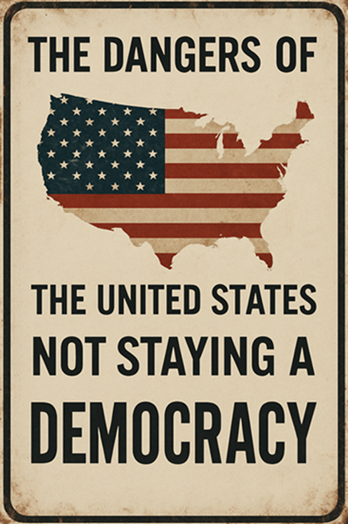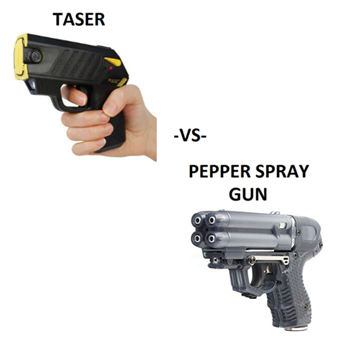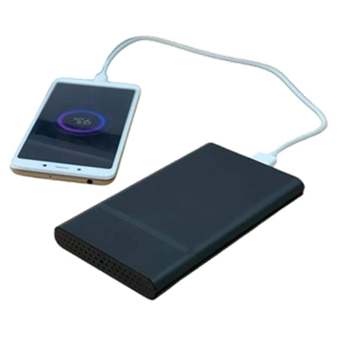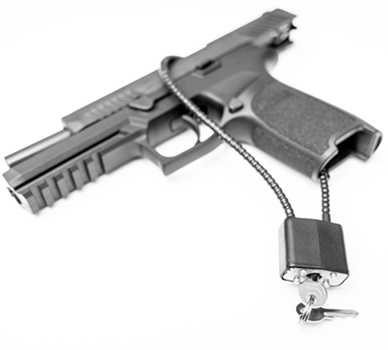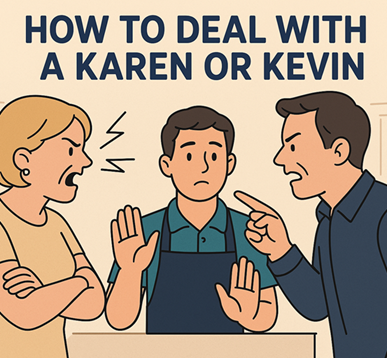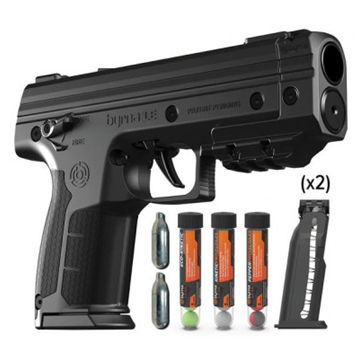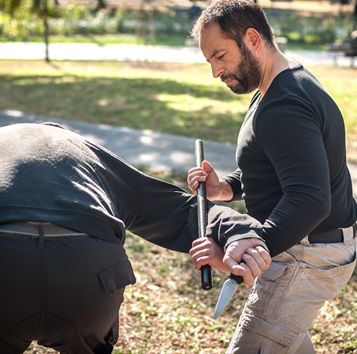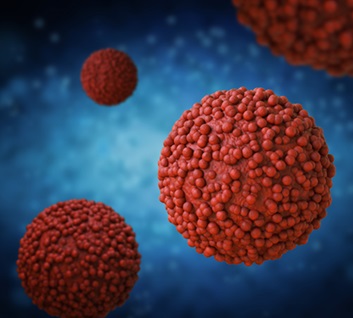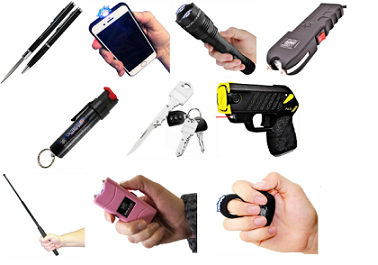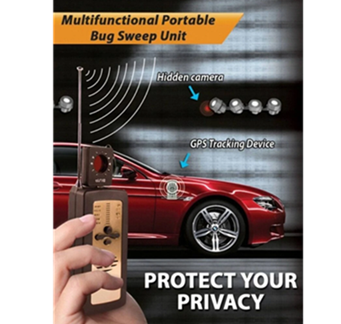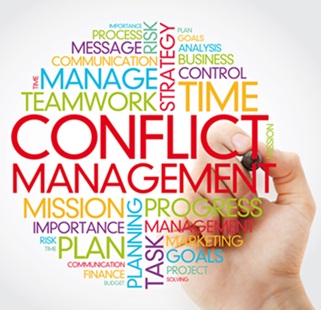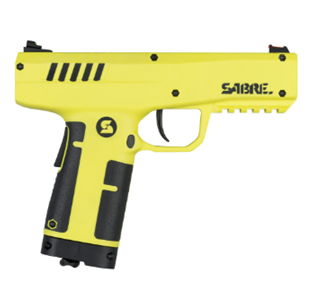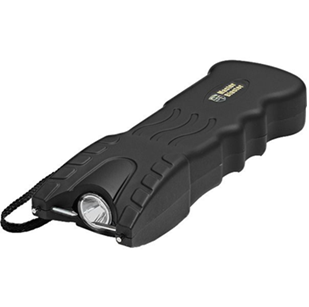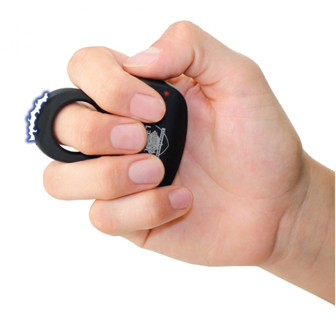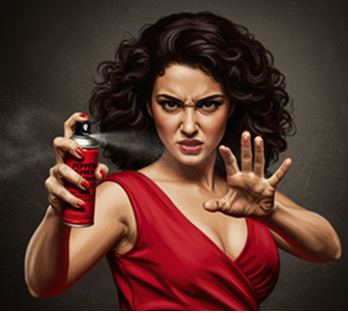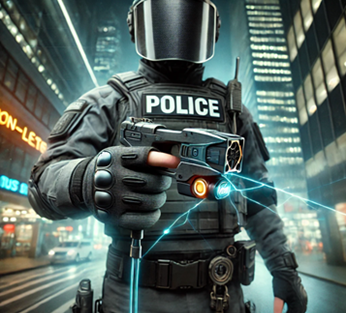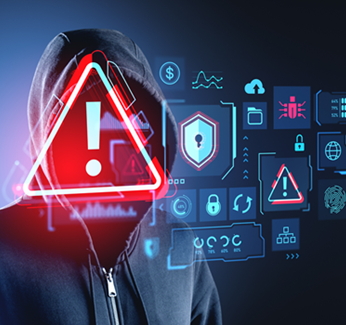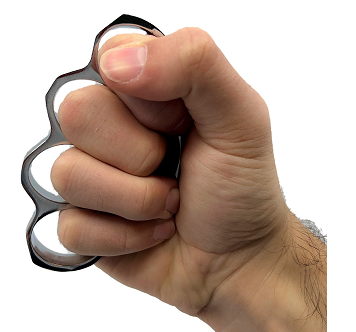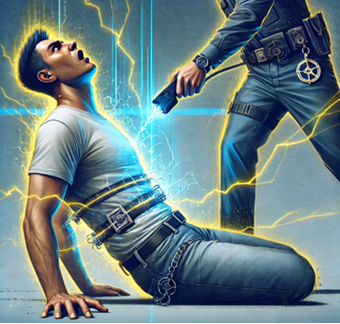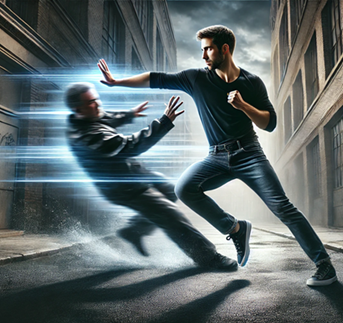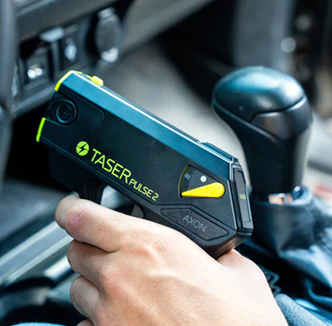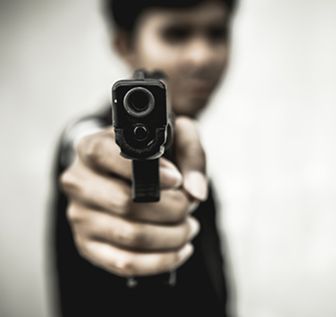How to Defend Yourself Against a Pepper Spray Attack
 Pepper spray is a commonly used self-defense tool due to its accessibility and effectiveness. While its purpose is to incapacitate an attacker, there are instances where it might be used maliciously. Knowing how to defend yourself against a pepper spray attack can make a significant difference in your safety and ability to respond effectively.
Pepper spray is a commonly used self-defense tool due to its accessibility and effectiveness. While its purpose is to incapacitate an attacker, there are instances where it might be used maliciously. Knowing how to defend yourself against a pepper spray attack can make a significant difference in your safety and ability to respond effectively.
Understanding Pepper Spray
Pepper spray contains oleoresin capsicum (OC), a compound derived from hot peppers. When sprayed, it causes intense burning sensations in the eyes, skin, and respiratory system. Effects include temporary blindness, difficulty breathing, and severe discomfort, typically lasting from 20 minutes to an hour. Understanding these effects is crucial for mitigating their impact and protecting yourself.
Situational Awareness
The best way to defend against any attack is to avoid it altogether. Practicing situational awareness can help you anticipate and evade potential threats. Here are some tips:
-
Stay Alert: Keep your head up and avoid distractions like your phone, especially in unfamiliar or isolated areas.
-
Maintain Distance: If someone seems suspicious or confrontational, create physical distance to reduce the likelihood of being targeted.
-
Observe Body Language: Watch for signs that someone may be preparing to use pepper spray, such as reaching into a pocket or bag.
Protective Measures
If you suspect an attack is imminent, taking protective measures can reduce the severity of exposure:
-
Wear Glasses or Sunglasses: These can act as a barrier to protect your eyes from direct contact with the spray.
-
Cover Your Face: Use your arm, jacket, or any available item to shield your face.
-
Turn Away: If you see someone raising a canister, turn your head and close your eyes to minimize exposure.
What to Do During an Attack
If you’re sprayed with pepper spray, your immediate actions can significantly impact the severity of the effects and your ability to escape:
-
Don’t Panic: While the burning sensation is intense, staying calm will help you think clearly and take effective action.
-
Close Your Eyes: This minimizes irritation and protects your vision.
-
Hold Your Breath: Avoid inhaling the spray to reduce respiratory discomfort.
-
Move Away: Quickly get out of the spray’s range to avoid further exposure.
Neutralizing the Effects
Once you’re out of immediate danger, take steps to neutralize the effects of pepper spray:
-
Flush Your Eyes and Skin: Use plenty of cool water to rinse your eyes and skin. Avoid rubbing the affected areas, as this can worsen the irritation.
-
Remove Contaminated Clothing: Carefully take off clothing that has been sprayed to prevent further exposure.
-
Use Soap: Wash your skin with mild soap to break down the oily residue of the spray.
-
Blink Repeatedly: If your eyes are affected, blinking can help flush out the irritant.
Long-Term Recovery
While the immediate effects of pepper spray typically subside within an hour, some individuals may experience lingering discomfort. Here are some additional tips for recovery:
-
Apply Milk or Baby Shampoo: These can help soothe the burning sensation on your skin.
-
Use Artificial Tears: Eye drops can relieve dryness and irritation in your eyes.
-
Seek Medical Attention: If symptoms persist or you experience severe reactions, consult a healthcare professional.
Defensive Techniques
If you’re confronted by someone wielding pepper spray, employing defensive techniques can help you regain control of the situation:
-
Use Barriers: Place objects like a bag or jacket between you and the attacker to block the spray.
-
Disarm the Attacker: If safe to do so, use defensive tactics to neutralize the threat. This might include grabbing their wrist to redirect the spray away from you.
-
Escape: Your primary goal should always be to get to safety. Avoid engaging with the attacker unless absolutely necessary.
Legal Considerations
It’s essential to understand the legal implications of defending yourself against a pepper spray attack (see pepper spray laws). Laws regarding self-defense vary by location, so familiarize yourself with local regulations. Remember that excessive force in retaliation could result in legal consequences.
Prevention and Preparedness
Preparation is key to minimizing the risk of being attacked with pepper spray. Consider these proactive measures:
-
Carry Protective Gear: Items like safety goggles or a small face shield can provide extra protection if you’re in a high-risk area.
-
Take Self-Defense Classes: Learning martial arts or other self-defense techniques can boost your confidence and ability to respond to threats.
-
Travel in Groups: There’s safety in numbers. Attackers are less likely to target individuals in groups.
-
Stay Informed: Understand the tools and tactics attackers may use, including pepper spray, to be better prepared.
Dealing with Psychological Impact
Being attacked, even with a non-lethal weapon like pepper spray, can be a traumatic experience. It’s important to address the psychological impact:
-
Talk to Someone: Share your experience with trusted friends, family, or a counselor.
-
Practice Stress-Relief Techniques: Activities like meditation, yoga, or deep breathing can help reduce anxiety.
-
Learn from the Experience: Reflect on what happened and consider what you can do differently to improve your safety in the future.
Final Thoughts
Defending yourself against a pepper spray attack requires a combination of awareness, preparation, and quick thinking. By understanding how pepper spray works and taking proactive steps to protect yourself, you can minimize its impact and stay safe. Remember, your primary goal is always to escape and seek help. With the right knowledge and mindset, you can effectively navigate this challenging situation and emerge stronger.
See cost of pepper sprays
Company Info
Customer Service
Product Information
- TASER® and Stun Devices Regulations by State
- TASER® Safe Escape Product Replacement Guarantee
- TASER® Comparison Chart
- TASER® User Manuals
- TASER® Warranty Info
- Byrna Product Catalog
- PepperBall Manuals & Spec Sheets
- Pepper Spray Laws
- Air Gun Laws
- States that Restrict Automatic and Butterfly Knives
- Our Print Catalog




























